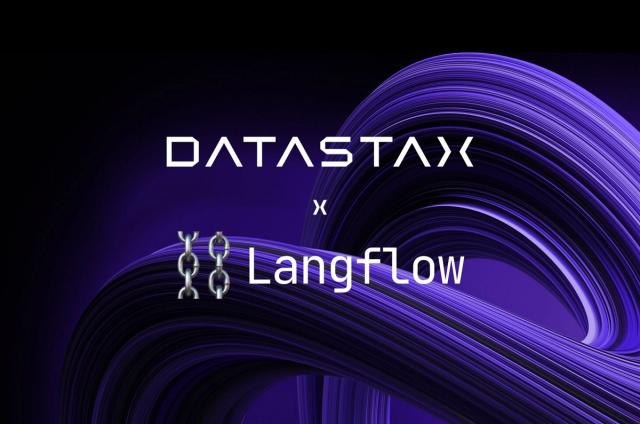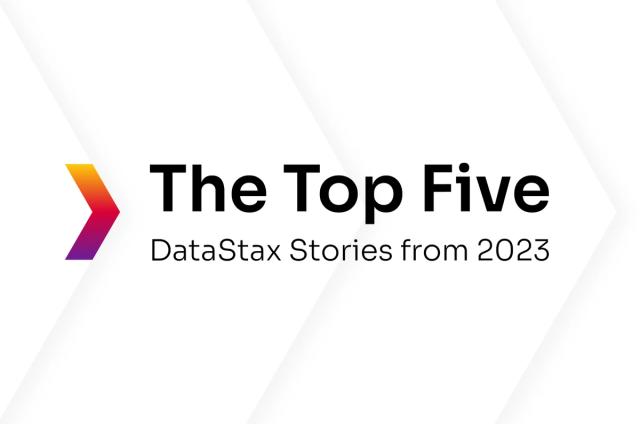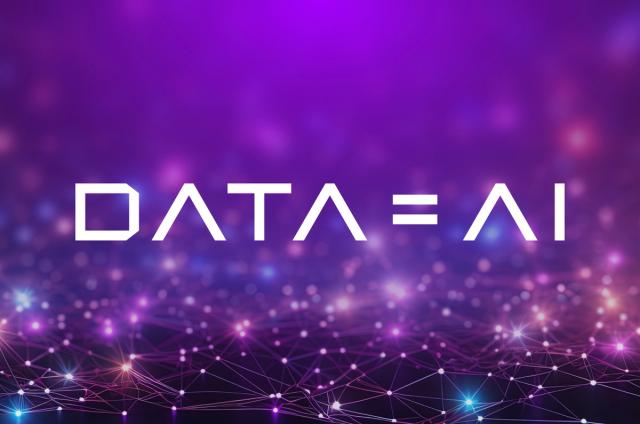DataStax Provides Valuable Insights at Economist Innovation Summit

DataStax CEO Billy Bosworth attended The Economist’s Innovation Summit last week in Chicago, partaking in a panel discussion on “AI Haves and Have-Nots” that also included Fiona Tan, head of AI and customer technology at Walmart, Daniel Castro, vice president of the Information Technology and Innovation Society, and RJ Pittman, chief product officer at eBay.
The discussion centered around how enterprises can properly leverage AI and how government regulations such as the European Union’s GDPR may affect enterprises’ ability to stay competitive in an increasingly AI-centric world.
“There are still so many fundamental things that are stopping companies from leveraging AI,” Bosworth said. “I see this all the time where companies are in conflict with themselves because they haven’t got their own data in order yet.”
The panelists agreed that the need for “good data” has become even more imperative in the world of AI, where creating seamless experiences is as much about the data itself—where it’s coming from and how you’re storing it—as it is about the machine learning algorithms using the data.
“The data in matters significantly in the quality of your intelligence out,” Bosworth said.
But how do you regulate data in an AI-centric economy? And how can you provide safety and privacy while still allowing for open competition and innovation?
“There’s this global race to be the leader in AI adoption and use in certain sectors,” Castro said. “Of course a big question around that is do we have a national AI strategy, but there’s also the question of regulation.”
And the question of regulation becomes especially poignant when it’s related to cross-border transactions and multinational companies.
“The way we conduct and transact commerce in the future is going to be powered by AI,” Pittman said. “So it’s something we need to be thinking about more collectively.”
Having to deal with multiple, geo-centric, government-based regulations will hurt AI innovation in the long run, Bosworth said.
“Trying to figure out the European regulations versus the Chinese regulations versus the US regulations, that really can become an inhibitor to a lot of innovation,” he said.
But, the panelists agreed, there’s still a long way to go toward increasing transparency to end users on all fronts, and when you factor in managing customer data in the cloud it introduces a whole other level of accountability and responsibility.
Ultimately, though, the current impediments to AI innovation don’t come from government policies and regulations as much as from our own technological limitations and the fact that everyone is still trying to learn what AI is and how best to use it.
“We’re moving past the stage of using data in predictive modeling to actually using it for thinking and reasoning,” Pittman said. “But for that we’re still very much in the early stages.”
EBOOK: Real-Time Data and Public Sector Modernization
Learn how real-time data, combined with big data, is transforming the way government agencies interact with citizens and vendors.




